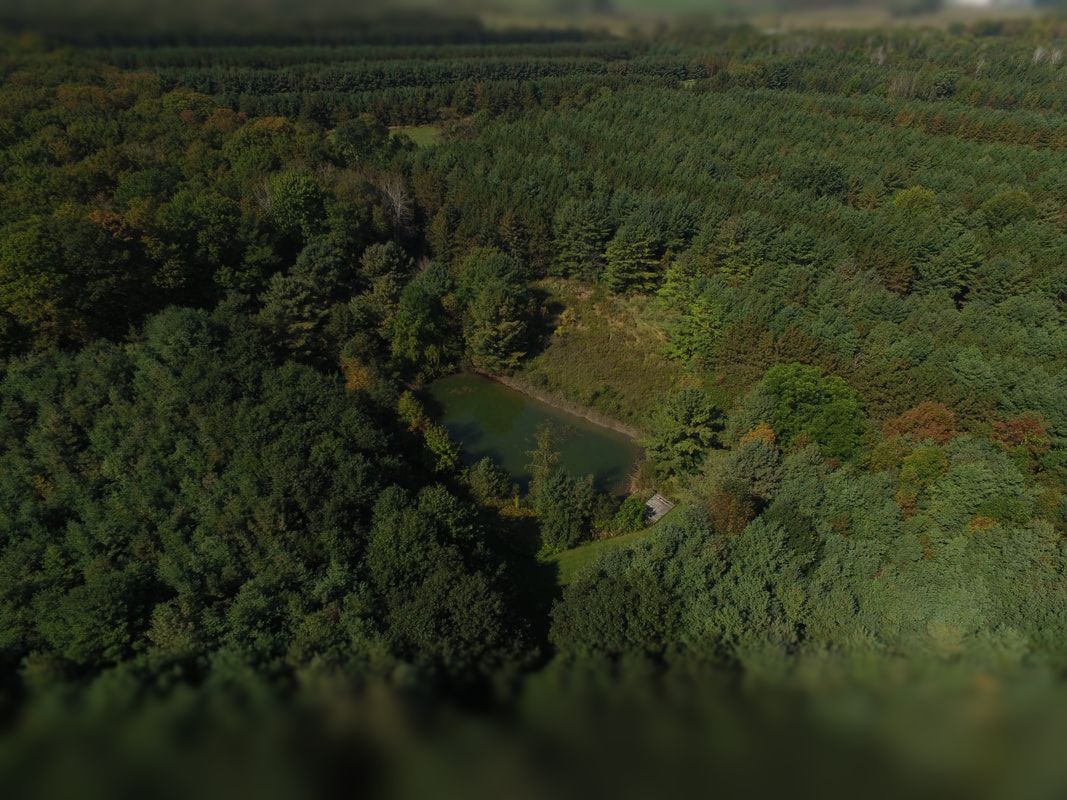|
Most modern drones such as ours use rechargeable batteries. Why hire a helicopter or aircraft that burns aviation fuels when you can hire a drone operator like us and use a zero CO2 method?
Drones can also be used to asses the environment, and help scientific research while again, using no combustible fuels, and growing the technology and renewable energy sectors! Do you have any other suggestions on how using a drone can save the environment? Comment below!
0 Comments
As seen by the many memes and posts across the internet, there is a real wave of calling "drone pilots" a joke. Calling drone operators pilots, for some, conjures up images of under-qualified persons flying drones and saying to all of their friends and family they're full fledged mavericks and pilots, while traditional pilots (like myself) took time and effort to get our pilots licence(s), ratings, etc...
As defined on the Transport Canada website, a PIC (Pilot in Command) is defined by as "The pilot having responsibility and authority for the operation and safety of the aircraft during flight time.". Furthermore, the Transport Canada definition for aircraft is defined as "Any machine, including a rocket, capable of deriving support in the atmosphere from reactions of the air". So from a definition standpoint, yes, commercial operators of drones are legally deemed "pilots". To prove this even further, Transport Canada calls drone pilots pilots as viewed from their site here on the Pilot knowledge requirements for UAV's (link). While they are not be flying friends and family around, drone pilots are indeed, well, pilots! Just not in the traditional sense. (I still think being an actual PPL pilot is more badass). Having your UAV SFOC, or PPL, etc... We are ALL responsible for the safety and wellbeing of our operations, and must remember to work together to keep airspace open, secure and safe for everyone! This is a very important, yet sometimes difficult subject to talk about. With drones becoming more cheaper and more easy to get, there stands to reason that people who are not qualified or do not have "common sense" may attempt to fly for money without thinking about the safety of the public or the legal requirements as we have discussed before. If they are a legitimate operator, they should have talked to you and other neighbours in the area to let you know what is going on before flying a drone. Below is a few steps to go through if you think they are not flying legally (as a commercial entity). Lets say you're at home, and a drone is flying above your house, or maybe it is flying close to your kids, or simply over your property, or is doing dangerous manoeuvres near your property. What do you do?
Below is a simple process one should follow if you get into one of these situations with a suspected commercial operator (NOT a hobbyist). Before we start, If you feel that your life or someone else's life is in immediate danger, call 911! (please note I said danger and not being annoyed). 1. Talk to the Operator (If present) The first stage you should always take if possible is simply talking with the operator of the drone. If they are flying commercially legally, they should have a spotter (A second person with them meant to look out for people walking, cars, etc...). Staying 100 feet away from their operation, yell to get their attention. Do not approach the operators if the drone is still in the air. Once the drone is landed, you can then approach and let them know your concerns. Please be courteous, since they might be a legitimate operator, and they have talked to the other neighbours but possibly forgot you! (It happens, we are all human). If you suspect they are working 'under-the-table' You may ask to see their S.F.O.C. and/or insurance (which they should have both at the operation if they are a legitimate operator). An S.F.O.C. (Special Flight Operators Certificate) is paperwork from Transport Canada saying this operator is allowed to fly commercially, and the insurance of the operator must be at least $100,000 for liability. 2. Reporting to Transport Canada If you deem that they are an illegitimate drone operator, then you may want to report them to Transport Canada (Link to reporting page here). Simply follow the process and fill in the required fields. Reporting an unsafe or an illegitimate operator helps make both the Canadian drone industry and your community a safer and more connected place. 3. Ask Questions, and get informed! Do you have questions if something is legal or not? You can contact Transport Canada with questions, or even contact a legitimate operator like us! We are always willing to help educate the public! Have questions right now? Feel free to comment below! Click here for the official Transport Canada Drone information page! Click here for the official Transport Canada Drone Incident Reporting Page! |
Henry Baillie-BrownHenry is the founder and operator of Air Support Aerial Photography. Here he talks about A.S.A.P. news, drone industry news, and opinion pieces! Archives
April 2024
Categories
All
|
HoursEveryday: 9am-5pm
|
Telephone705-279-3597
|
|



 RSS Feed
RSS Feed
